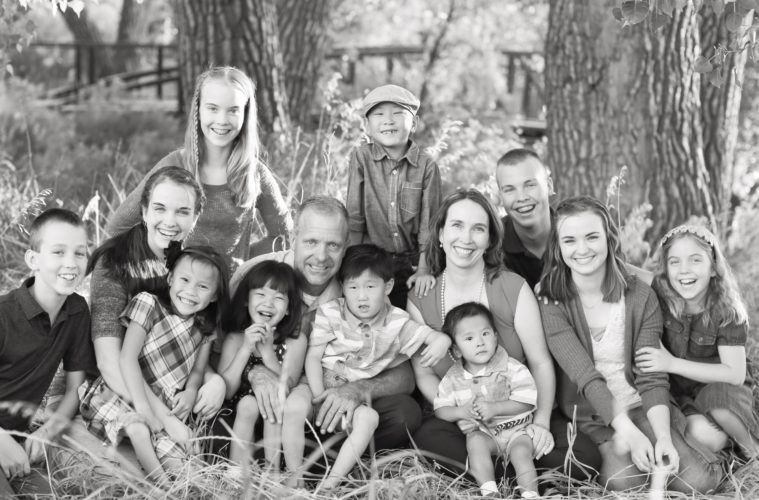 The 14-member Downer family resides in Colorado. The Downers have multiple children with disabilities, including their biological and adopted kids. We met the Downer family and their two daughters who use wheelchairs at the 2018 Rollettes Dance Experience in Los Angeles!
The 14-member Downer family resides in Colorado. The Downers have multiple children with disabilities, including their biological and adopted kids. We met the Downer family and their two daughters who use wheelchairs at the 2018 Rollettes Dance Experience in Los Angeles!
In this interview for the CURE NATION, April Downer shares why they decided have a large family and how adopting children with special needs became a part of their heartfelt story.
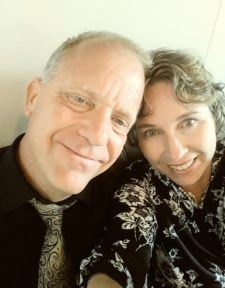 April Downer and her husband have been married for nearly 30 years. “We married very young,” April shares. “And we didn’t originally plan on having a big family. My husband comes from a family of six and I am an only child.”
April Downer and her husband have been married for nearly 30 years. “We married very young,” April shares. “And we didn’t originally plan on having a big family. My husband comes from a family of six and I am an only child.”
April’s husband was in the military and after having their second child, they moved and began meeting larger families. April remembers, “My heart began to be open to having more children. I saw a different kind of family that was centered around the kids instead of treating them more as a side project.”
Over the next few years, the Downers family grew to a total of seven biological kids. By that time, they were adjusted to a large family and would have possibly had more, but April had hemorrhaged during her last two births. They knew that if she had more children, her life could potentially be at risk.
The Downers Explore the idea of Adopting
After searching their hearts, the Downers decided they wouldn’t be having any more children of their own. But, they were drawn to continue building their family and were aware that plenty of children in the world needed a good home. Slowly, adoption became a possible option.
“We had some friends who had adopted and I was really intrigued,” April recalls. “I remember watching on TV all the needs of children in orphanages all over the world. It’s really sad. My heart was always pulled toward those kids, but I hadn’t imagined it would be me adopting. But then, we met the friends and learned more.”
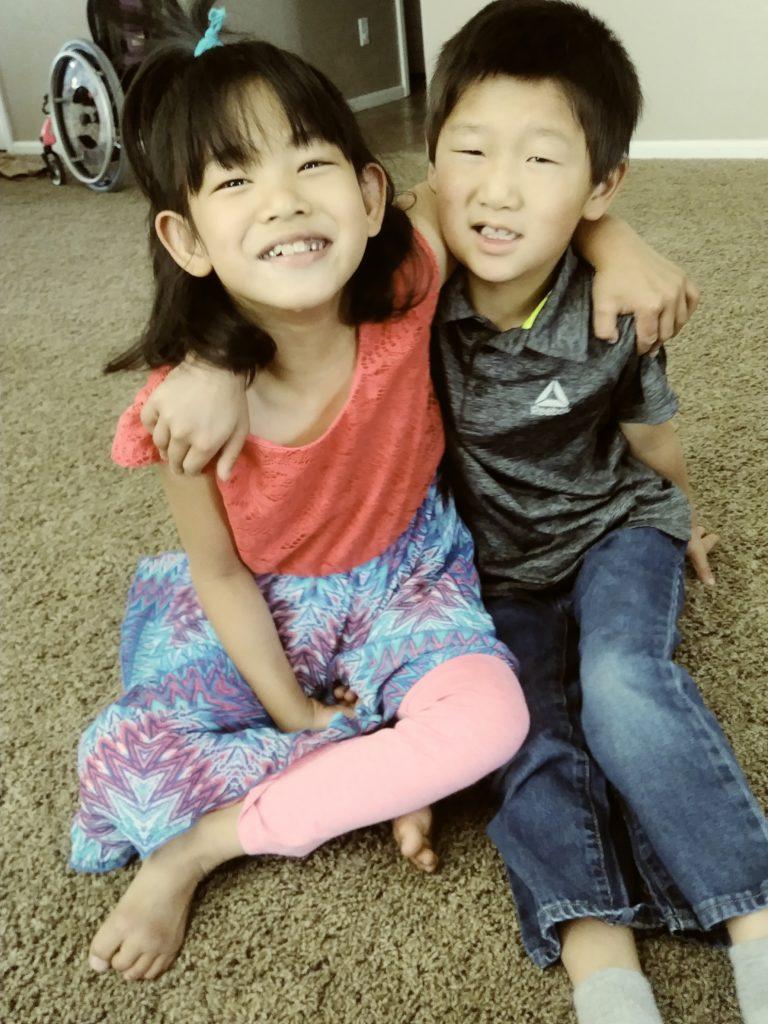 Being open to the idea of adopting and having the money to do it, though, are two different things.
Being open to the idea of adopting and having the money to do it, though, are two different things.
At first, the cost seemed completely prohibitive at $35,000 for a single adoption. The Downers talked about it and decided to give it a shot. They reached out for support and figured out away to come up with the money.
The Downers knew they wanted to adopt from another country and after researching all the variables, they chose China. April explains, “We picked China for several reasons. We wanted to go to a country that limited the amount of children that families could have, because we’d been lucky enough to have a large family of our own. Also, the adoption process was straightforward and reduced the amount of time we’d have to be traveling away from our biological children.”
On their first trip to China, the Downers adopted a little boy. Not long after, they felt compelled to return and adopted two more children.
Ahead of time, they were told that their second boy had a heart condition and that they would be getting a little girl who had some sort of leg deformity. When they arrived and met her, however, April realized that she had a neurological condition and later learned that the little girl actually had cerebral palsy.
The more complex diagnosis didn’t deter the Downers, though. They believed that they were destined to be that little girl’s parents and proceeded with the adoption.
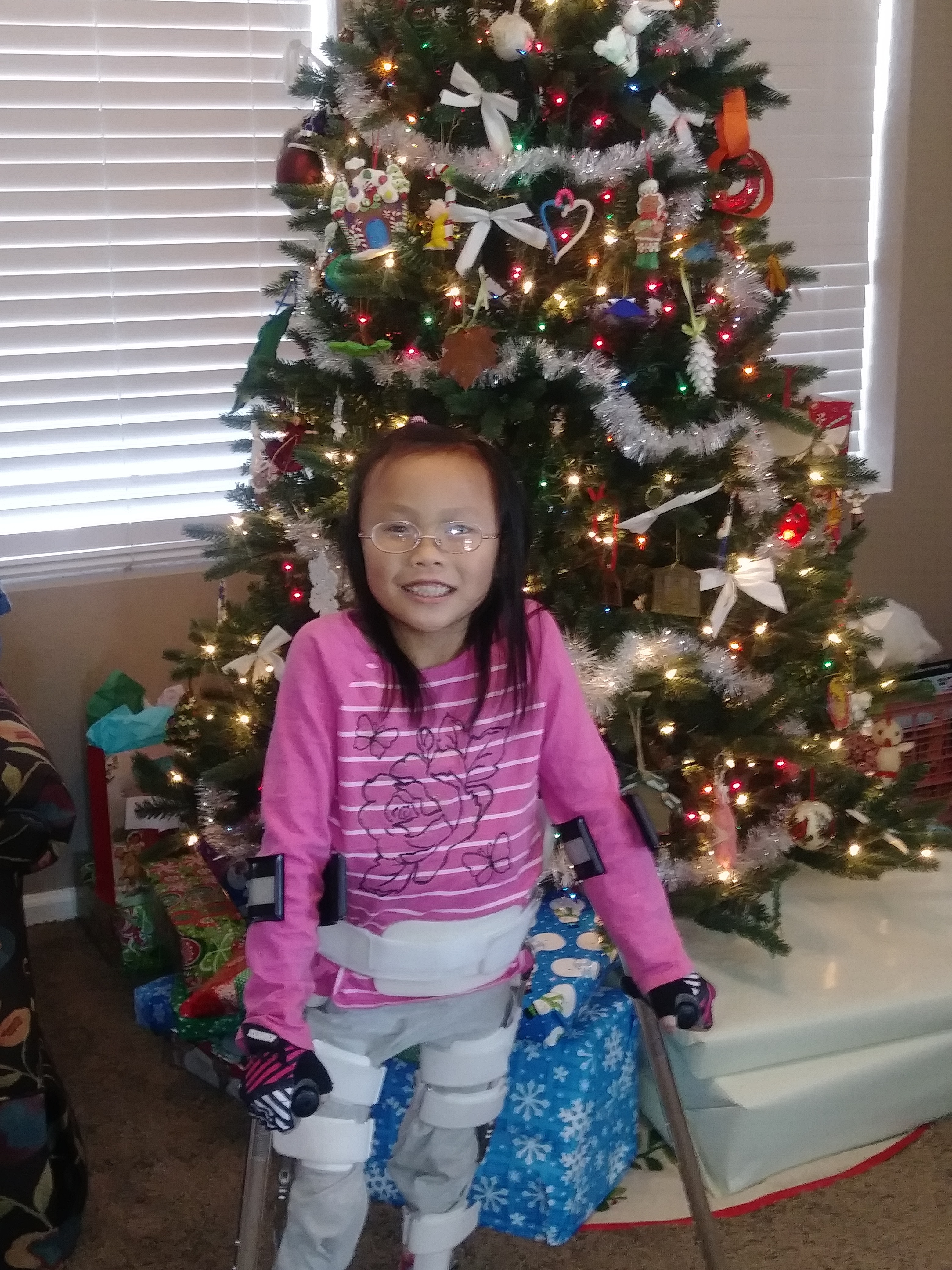 About a year later, the Downers returned to China to adopt another girl, who they had been told had some sort of spinal disorder. After arriving back home, an MRI confirmed that their newest daughter had a spinal cord injury that possibly occurred en utero. After going back to China for one last adoption, the Downers brought home one more son with a heart condition.
About a year later, the Downers returned to China to adopt another girl, who they had been told had some sort of spinal disorder. After arriving back home, an MRI confirmed that their newest daughter had a spinal cord injury that possibly occurred en utero. After going back to China for one last adoption, the Downers brought home one more son with a heart condition.
All together, the Downers adopted five children from China, all who have some sort of medical condition or permanent disability. The youngest is four years old and the other four are all eight years old. Today, their older children are 10, 13, 15, 18, 20, 23 and 26. All but the eldest two share a fun-loving home in northern Colorado with their parents.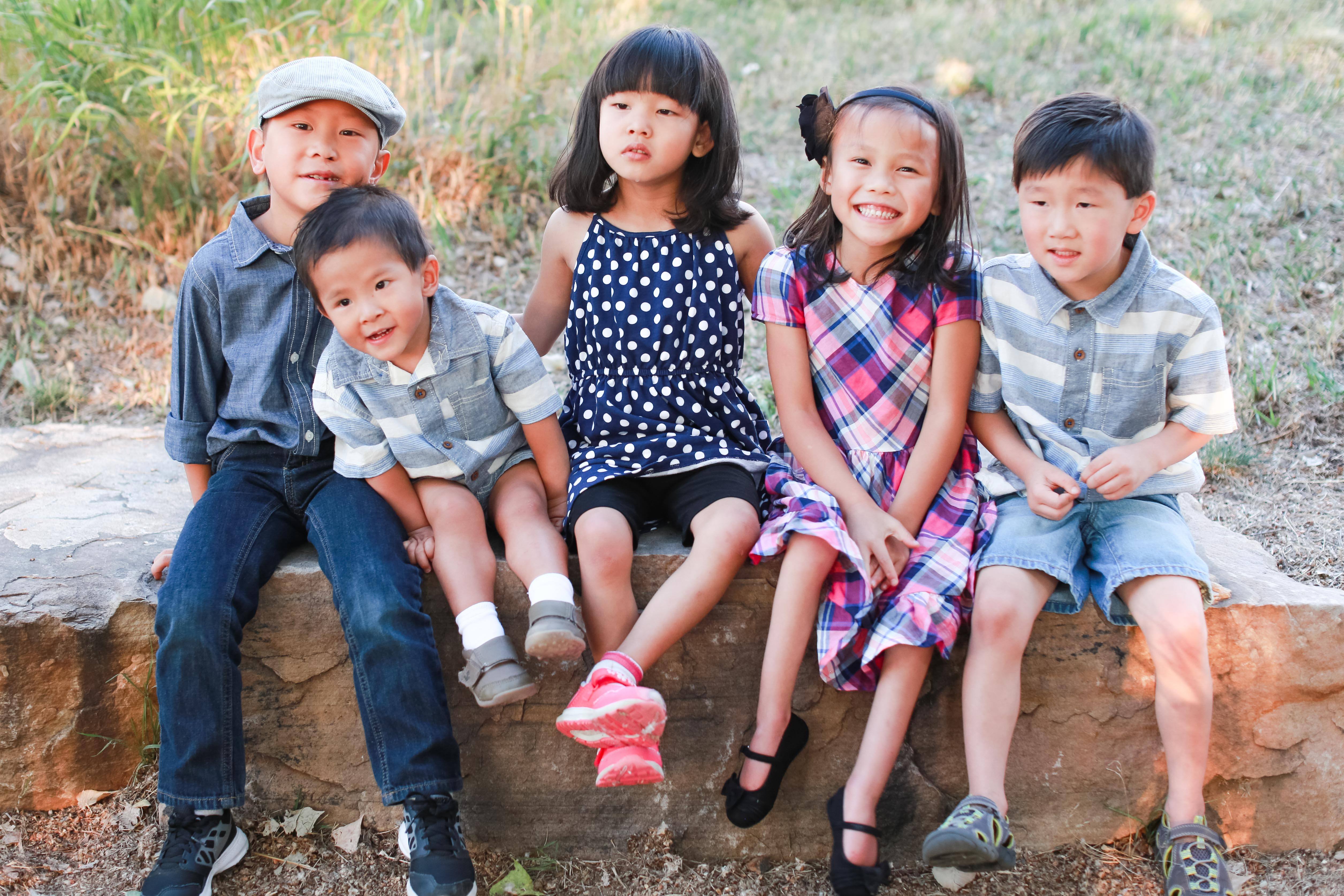
The Downers say Life Can Be Unpredictable, But We Have to Keep Rolling
April Downer says that she never expected to adopt, let alone adopt children with special needs. “It’s not something I thought I could manage, but we did it, and we’re glad we did,” she shares.
“All of our kids from China are so amazing. They’re fighters. I mean, orphans have to be. But then, to add a disability on top of that, stuff that most people don’t have to deal with. It’s a hard life and most people don’t get it.”
While April and her husband were learning to navigate the disabilities of their adopted daughters, one of their biological daughters began experiencing some odd health issues.
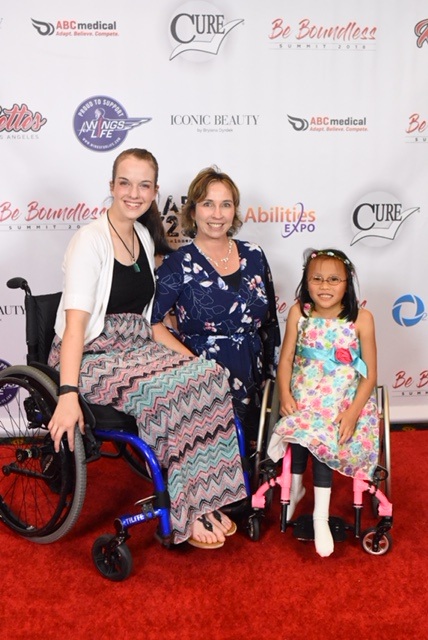
We met the Downer family and their two daughters who use wheelchairs at the 2018 Rollettes Experience in Los Angeles!
She was having multiple symptoms, from weakness to balance-issues, that seemed to be increasing. Several years later, after all sorts of testing, the Downers still don’t have a diagnosis, other than that her condition was a result of white matter demyelination and is progressive. She uses a wheelchair almost full time.
The Downer Family Attends the 2018 Rollettes Experience
This summer, April did something special for her two daughters on wheels when the three of them made a trip to Los Angeles to attend the 2018 Rollettes Experience.
Each summer, the Rollettes host a wheelchair dance experience, bringing together people from all over the globe. This year, more than 100 women from 10 countries attended. For many of attendees, the Rollettes Experience is more than just dance. It’s about finding someplace where you fit in perfectly.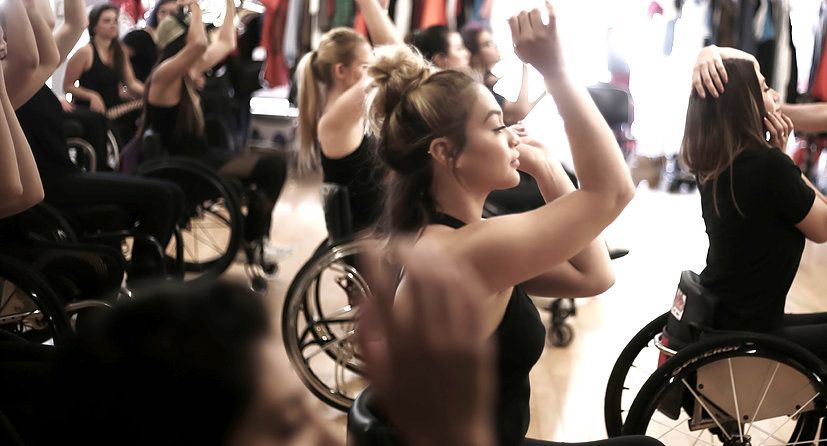 The Rollettes Experience encompasses the team’s mission to create a community that redefines what it means to be strong, female, and resilient. From the words of founder Chelsie Hill, “Dance is dance, whether you’re walking or you’re rolling.”
The Rollettes Experience encompasses the team’s mission to create a community that redefines what it means to be strong, female, and resilient. From the words of founder Chelsie Hill, “Dance is dance, whether you’re walking or you’re rolling.”
April’s older daughter, who is 20 years old, was able to join the women’s group during the Rollettes Experience and her younger daughter with the SCI, at 8 years old, had a blast with the youth group. April says the Rollettes Experience was transformational for all three of them.
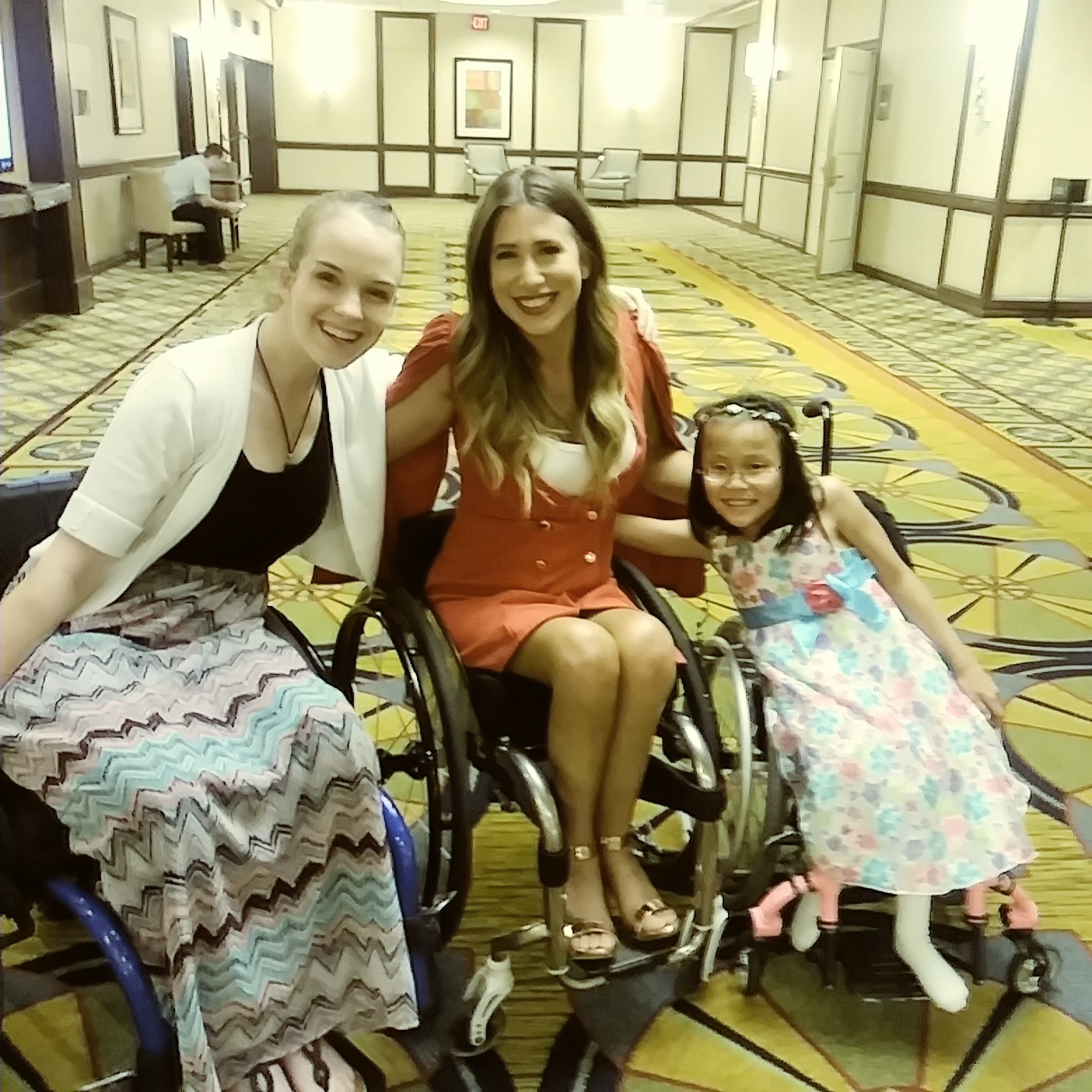
The Downer ladies enjoyed meeting and learning wheelchair dance skills from Rollettes founder Chelsie Hill.
april downer’s advice for families considering adoption
If she was to give advice to anyone who is considering adopting, especially kids with disabilities, April says her words of wisdom would probably be different than they would have been when her family started this process.
She expresses, “It’s important to approach adoption well-educated – not with blinders on. It’s easy to go into it with the idea that you’re going to save a child’s life. But, we have to remember that to become an orphan, there has been trauma for each child. It’s not something to romanticize.”
April continues, “It’s not for the faint of heart, however, like any good thing, you’ll have the greatest reward ever.”
“The amount of growth you’ll go through as a person, the amount of love in your life that you’ll have to develop for a child that really needs it. You have to have compassion and empathy and understanding for the challenges that these kids can experience in everyday life.”
Why the downer family Switched to Cure Catheters
The Rollettes Experience included more than just dance classes, it also offered education on a variety of topics for attendees. April says that while they were there, she and her daughter were “happy to learn about a choice of catheter that isn’t made with scary chemicals like DEHP.” Learn more about the dangers of DEHP here.
So, they made the switch to Cure Medical catheters and feel good about their choice!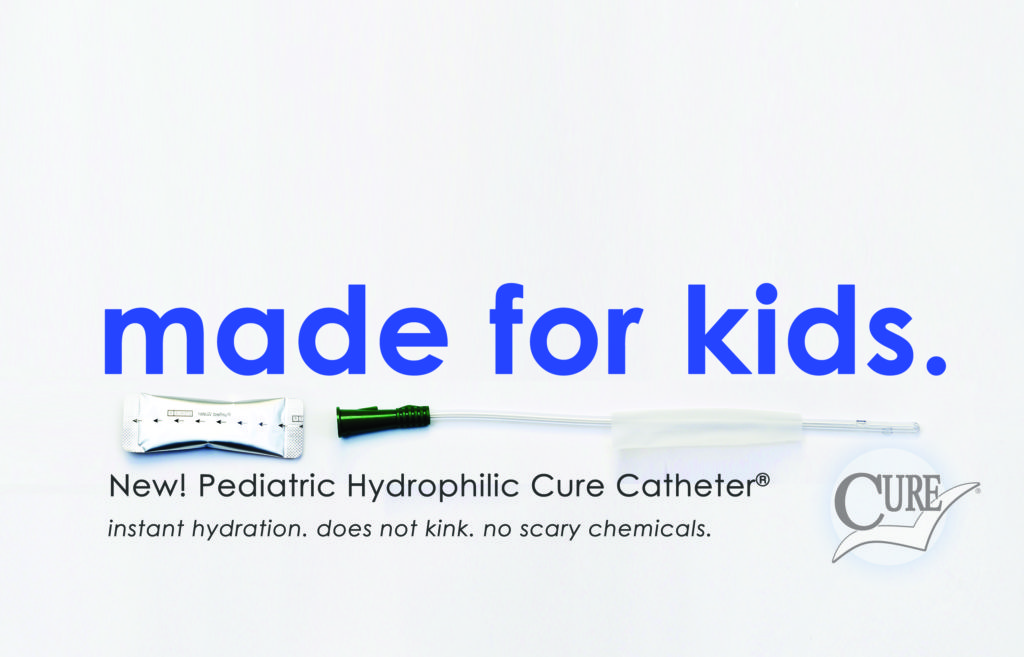
The sterile, single use, Pediatric Hydrophilic Cure Catheter® is not made with any scary chemicals like DEHP, BPA or Natural Rubber Latex.
Designed especially for kids and their concerned parents, this easy-to-use, water-lubricated catheter is not made with any scary chemicals like DEHP, BPA or natural rubber latex.
The new Pediatric Hydrophilic Cure Catheter® is affordable and offers all the convenience of a ready-to-use catheter, without the stains or mess.
 To request free samples of the Pediatric Hydrophilic Cure Catheter® or any Cure Medical catheter, contact your local distributor of quality healthcare products, or click here.
To request free samples of the Pediatric Hydrophilic Cure Catheter® or any Cure Medical catheter, contact your local distributor of quality healthcare products, or click here.
FREE EDUCATIONAL MATERIALS FOR GIRLS & BOYS
In addition to the new Pediatric Hydrophilic Cure Catheter®, Cure Medical is offering a free EDUCATION PROGRAM developed by nurses that parents can use to teach their children ‘How To Cath’ using fun, instruction tools like:
- Backpacks in blue and pink with no logos — for discretion at school or away from home,
- Flash cards for boys and girls that also include steps for cathing with or without stomas
- Coloring books with crayons, a complimentary toy – and more!
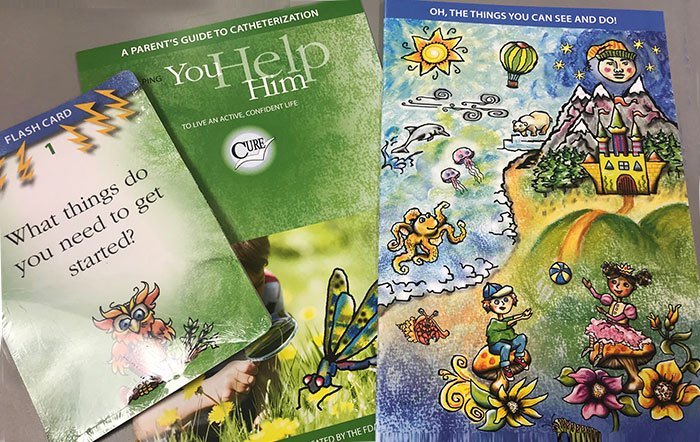 Contact us to request your free backpack with educational materials to help your child learn the steps for self-cathing.
Contact us to request your free backpack with educational materials to help your child learn the steps for self-cathing.
You can request a sample of the Pediatric Hydrophilic Cure Catheter®. When you do, an option will appear allowing you to add an educational backpack to your order.
Enjoy Our Free Resources & Articles
CURE NATION is designed with you in mind, to offer assistance and education when you need it through a personal support program.
All of the information you find below and on our related social media pages is meant to guide you to places, topics and resources that enhance your life, while also connecting you with a growing group of friends.
- Sign up for our free, CURE NATION e-newsletter to have our latest stories delivered directly to you, once a month.
- Get our FREE LIFESTYLE + ACCESSIBLE TRAVEL BOOKS here.
- Have an idea you’d like to share? Let us know.
- Be sure to take minute to meet our Cure Advocates too.
You may also enjoy:

